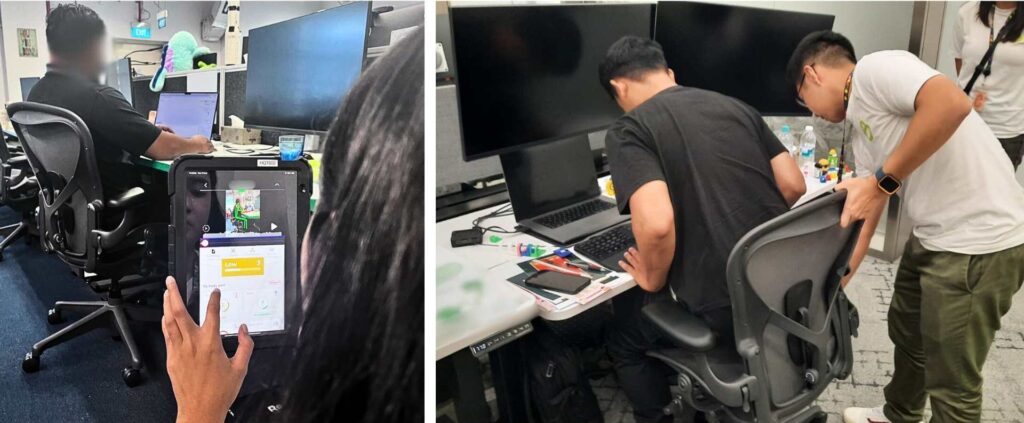What Are Work-Related Musculoskeletal Disorders (WMSDs)?
Work-Related Musculoskeletal Disorders (WMSDs) refer to injuries and disorders affecting the muscles, tendons, nerves, and joints, caused by repetitive movements, poor posture, and prolonged physical strain in the workplace. These conditions are one of the leading occupational health issues worldwide, affecting employees across various industries.
WMSDs in Singapore: A Growing Concern

In Singapore, WMSDs are the second most common occupational disease in 2024, and cases are expected to rise due to the Enhanced Workplace Health Surveillance Programme by the Ministry of Manpower.
A study by Singapore General Hospital (SGH) found that 7 in 10 office workers experience pain in at least one body part, with neck, shoulder, and lower back pain being the most frequent complaints. Women are more affected, with 8 in 10 female workers reporting symptoms of Work-Related Musculoskeletal Disorders.
Common Causes of WMSDs in the Workplace
- Sedentary Work – Professionals who sit for 6 to 8 hours a day are at higher risk due to muscle overuse and strain.
- Repetitive Movements – Tasks like typing, using a mouse, or lifting heavy objects increase stress on muscles and tendons.
- Poor Posture – Excessive bending, twisting, or hunching forward over time strains the neck, shoulders, and lower back.
- Workstation Design – Incorrect desk height, improper chair support, and bad screen positioning can worsen strain and discomfort.
- Heavy Lifting & Manual Labor – Lifting, pulling, and pushing heavy objects without proper form can cause acute and chronic injuries.
Symptoms of Work-Related Musculoskeletal Disorders

Early signs of WMSDs include:
- Persistent muscle pain or stiffness
- Numbness, tingling, or weakness in the hands or wrists
- Reduced mobility and joint stiffness
- Swelling, redness, or inflammation in affected areas
- Pain that worsens with repetitive tasks
Ignoring these symptoms can lead to chronic pain, long-term disability, and reduced workplace productivity.
How Work-Related Musculoskeletal Disorders Develop?
WMSDs progress gradually due to repeated strain on the body’s musculoskeletal system. Common types of injuries include:
- Muscle Injury – Prolonged muscle contractions restrict blood flow, leading to lactic acid buildup, muscle fatigue, and stiffness.
- Tendon Injury (Tendinitis, Tenosynovitis) – Repeated motion causes tendon inflammation, thickening, and limited movement.
- Nerve Compression (Carpal Tunnel Syndrome, Thoracic Outlet Syndrome) – Swelling of surrounding tissues compresses nerves, causing numbness, weakness, and tingling.
How to Prevent Work-Related Musculoskeletal Disorders?

Proper Workplace Ergonomics
- Adjust workstation height – Ensure monitor screens are at eye level or slightly below eye level and chairs provide lumbar support.
- Use ergonomic equipment – Wrist rest, ergonomic keyboard and mouse, laptop tray, foot rest and adjustable laptop stand to reduce strain.
- Take frequent breaks – Pace work activities and set reminders to take breaks every 30 minutes, to help prevent muscle tension buildup.
Stretching & Strength Exercises
- Neck & Shoulder Stretches – Helps relieve upper body stiffness.
- Lower Back Exercises – Strengthens the core and improves posture.
- Active Sitting & Movement – Use a standing desk or an anti-fatigue mat to promote movement throughout the day.
Workplace Adjustments
- Job Rotation – Alternating between different tasks to avoid repetitive strain.
- Mechanical Aids & Assistive Devices – Lifting tools to minimise physical strain.
- Employee Training – Educating workers on ergonomic best practices to prevent WMSDs.
How Are Work-Related Musculoskeletal Disorders Treated?
Work-Related Musculoskeletal Disorders (WMSDs) treatment involves a combination of approaches to relieve pain and restore mobility. Rest and modified activities help reduce exposure to repetitive strain by adjusting work tasks to minimise stress on affected muscles and joints. Physiotherapy and rehabilitation play a crucial role in improving mobility and muscle strength through personalised exercises. Heat or cold therapy can also be beneficial—ice is used to reduce inflammation, while heat helps relax tight muscles and improve circulation. In more severe cases, medical interventions such as anti-inflammatory medications or even surgery may be necessary to manage chronic pain and restore function effectively.
What Is The Cost of Ignoring Work-Related Musculoskeletal Disorders?
Ignoring Work-Related Musculoskeletal Disorders (WMSDs) can have serious consequences, both for employees and businesses. Long-term disability and chronic pain may develop if symptoms are left untreated, leading to irreversible musculoskeletal damage that affects daily activities and overall quality of life.
Additionally, reduced productivity and work efficiency are common, as fatigue and discomfort lower focus, accuracy, and motivation in the workplace. Over time, this can impact overall job performance and employee morale. Furthermore, increased medical costs become a concern, with rising healthcare expenses, frequent medical consultations, and absenteeism due to work-related injuries adding financial strain to both employees and employers.
Proactive intervention and ergonomic workplace solutions are essential in preventing these costly and debilitating outcomes.
How Can AnjouHealth Help?

At AnjouHealth, we specialise in workplace ergonomics designed to enhance employee well-being and productivity. Our expert-driven solutions help businesses create a healthier, more efficient workforce by addressing the root causes of work-related musculoskeletal disorders (WMSDs).
- Workplace Ergonomic Assessments – We evaluate workstation design, desk setups, and manual handling practices to identify risk factors and implement corrective solutions. Our assessments ensure that employees maintain proper posture, reducing strain and discomfort.
- Employee Education & Training – We conduct workshops on posture correction, injury prevention, and safe workplace habits to equip employees with the knowledge to maintain their health and productivity.
- Physiotherapy Sessions – For employees experiencing discomfort, our clinic-based physiotherapy services provide relief from musculoskeletal strain, helping them stay pain-free and active at work.
Invest in your employees’ health with AnjouHealth’s proactive WMSD solutions. A well-designed workplace leads to fewer injuries, improved efficiency, and a happier workforce.
Get the Right Support for Your Workplace!
Prevent Work-Related Musculoskeletal Disorders from affecting your health and productivity. Discover how AnjouHealth can transform your workplace for better health and productivity—get in touch with us today!



